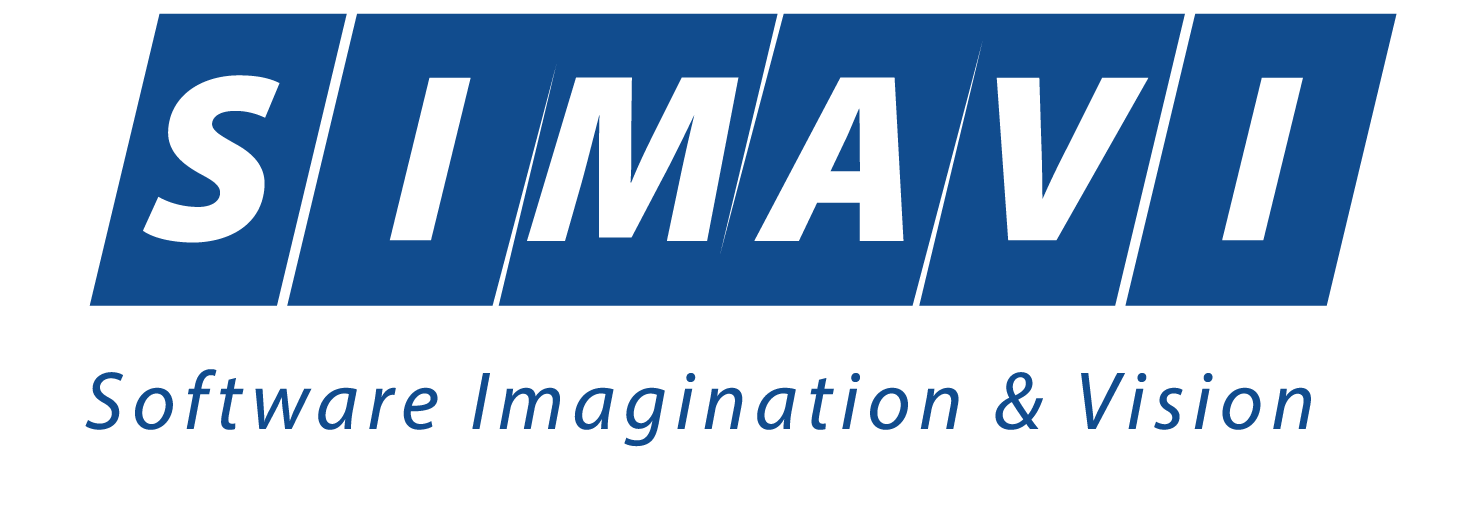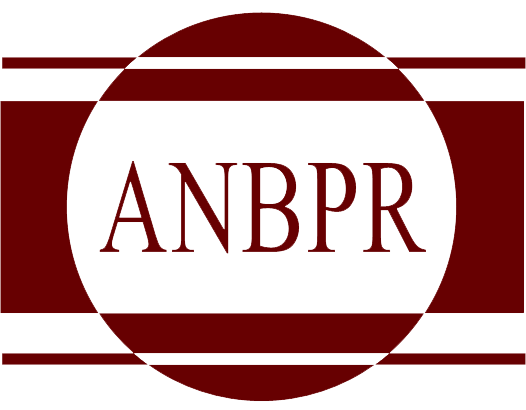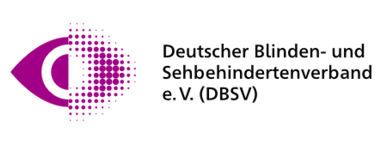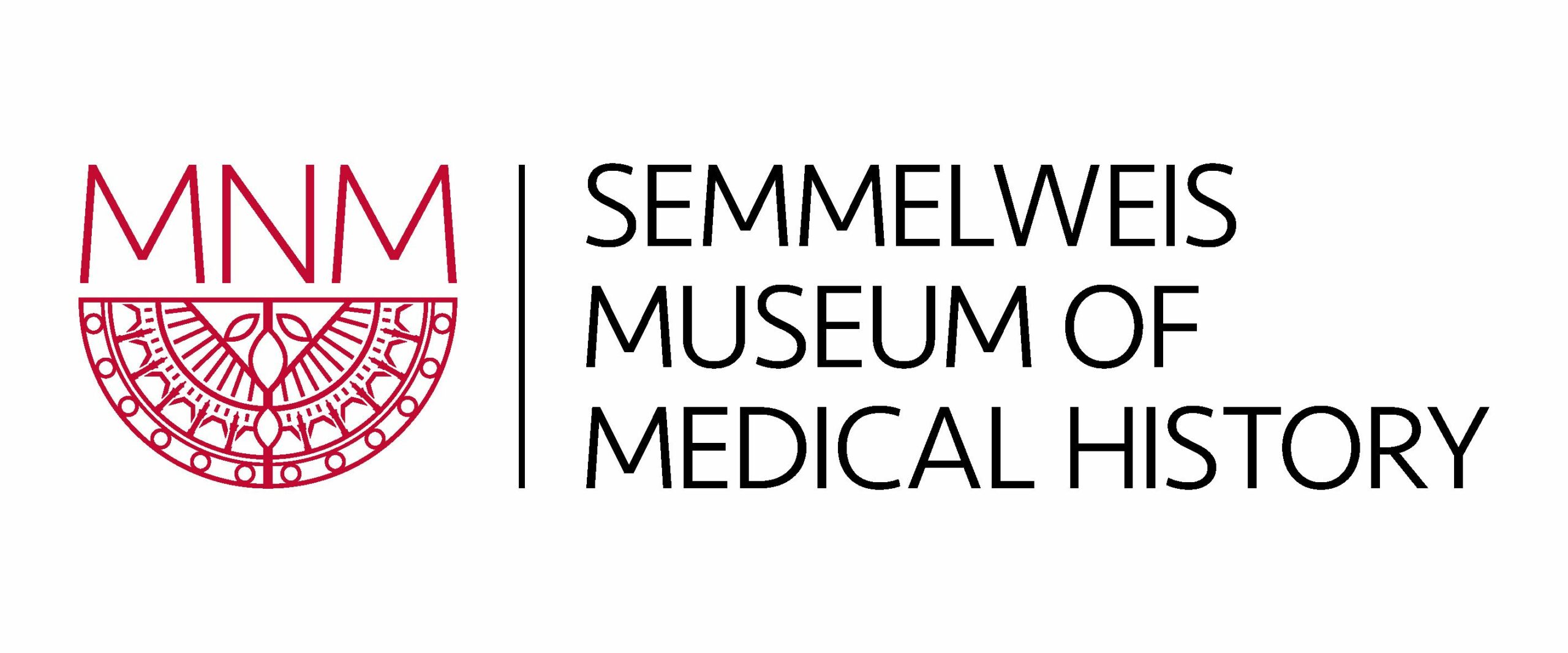You can read about our Privacy Policy and Cookies Policy here. We value your privacy, and before processing any personal data, we will seek your explicit consent. This ensures that you are informed and have control over how your information is used. You can provide or withdraw your consent at any time by contacting us at contact-SHIFT@simavi.ro.
Privacy Overview
Strictly Necessary Cookies
Strictly Necessary Cookie should be enabled at all times so that we can save your preferences for cookie settings.
If you disable this cookie, we will not be able to save your preferences. This means that every time you visit this website you will need to enable or disable cookies again.
Statistics cookies
This website uses Google Analytics to collect anonymous information such as the number of visitors to the site, and the most popular pages.
Keeping this cookie enabled helps us to improve our website.
Please enable Strictly Necessary Cookies first so that we can save your preferences!












